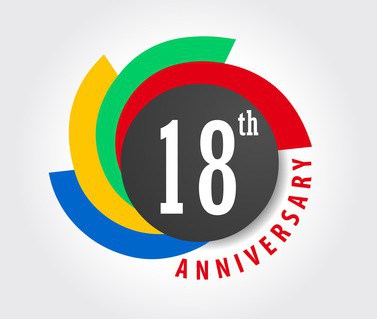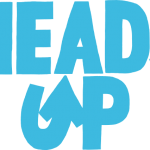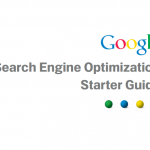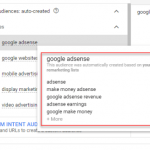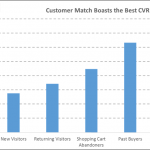Google Shows It Still Has to Grow Up on its 18th Birthday
September 27, 2016
A Birthday Message to Google

Happy Birthday, Google. You are 18 years old today (perhaps – see Guardian article). Finally an adult – though it’s another three years before you will be allowed any alcohol in the USA.
Like most 18-year-olds you probably think you are grown up and that you know it all. When you are older, like most teenagers, you’ll look back on your 18th and laugh at yourself, wondering how you managed to think you were so smart.
Today, for instance, there is evidence that you are not as clever as you think you are, Mr Google.
Search results can be manipulated
In spite of all your efforts, Google, there are still plenty of “black hat” techniques being used that distort the search engine results.
Meanwhile, you have been working hard to get rid of the poor quality results from your listings, and you have achieved some good work. But this recent debacle involving university websites suggests there is a fundamental weakness in your system.
It appears that several leading university websites have been “hacked” with additional links being randomly added to pages. The site associated with those links also seems to have dramatically risen up the search engine results pages.
That’s because Google’s search algorithm rightly sees university websites as having “authority”. So, anything linked from those sites gets extra “points”. If a site gets a link from a university website it must be good, mustn’t it? Wrong.
As the recent incident shows, there is a weakness in the algorithm. All it appears to be doing is saying “hey, here’s a good site, it is owned by a university, so it must be good and anything it links to must be worthy. Let’s give those sites some extra points.”
Yet, just because it is a university website does not mean it is worthy. There are plenty of forums hosted on university domains which contain potentially dodgy links – discussions by students can include “unusual” links. Yet, they will appear on the university domain and could, therefore, get extra search engine benefits due to the “authority” of that site. Similarly, many universities have content management systems allowing academic staff to upload all kinds of content. Just because you are a professor does not mean you vet everything you link to or only add links that are sound.
The notion that an “authority” site is overwhelmed with “good links” is to misunderstand how content is being created and shared online. And that is a fundamental flaw made by search engines, assuming, that because it is a good site, the links it adds are also good.
Time to grow up Google
Now, Mr Google, I appreciate that when you see a link from an authority site, you rush off around the web to ensure that the link itself is working and that it is relevant. You are taking other factors into account; that’s true. But the sudden rise in search engine rankings by one site which got dodgy links from university websites suggests that the balance in your adding up is wrong.
For the web as a whole, this suggests that many websites could be getting higher rankings than they deserve due to inappropriate scoring by being on “authority” sites.
Just because you have done a great job in your younger years, does not actually mean you are doing a fantastic job now. Time to grow up Google and do what adults do, but teenagers don’t, and accept that you can be wrong.
Online dominance does not mean you are right. As an adult now, perhaps it is time to accept you might be wrong. When it comes to search engine ranking, you are clearly good – but maybe not as good as your teenage brain might think. Otherwise, you would have spotted the university hacking incident and not given any kind of benefit to the linked site.
Digital & Social Articles on Business 2 Community
(18)

